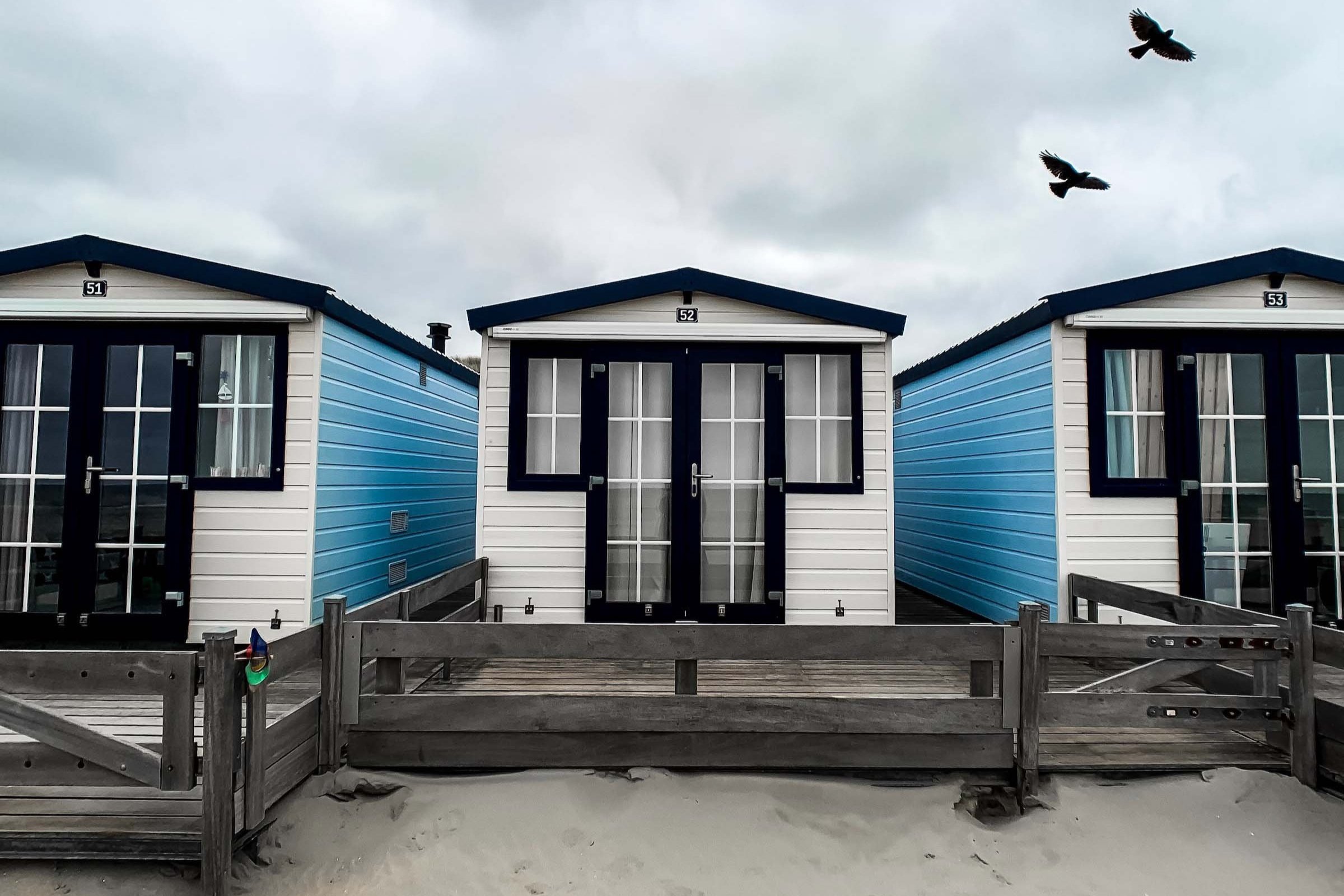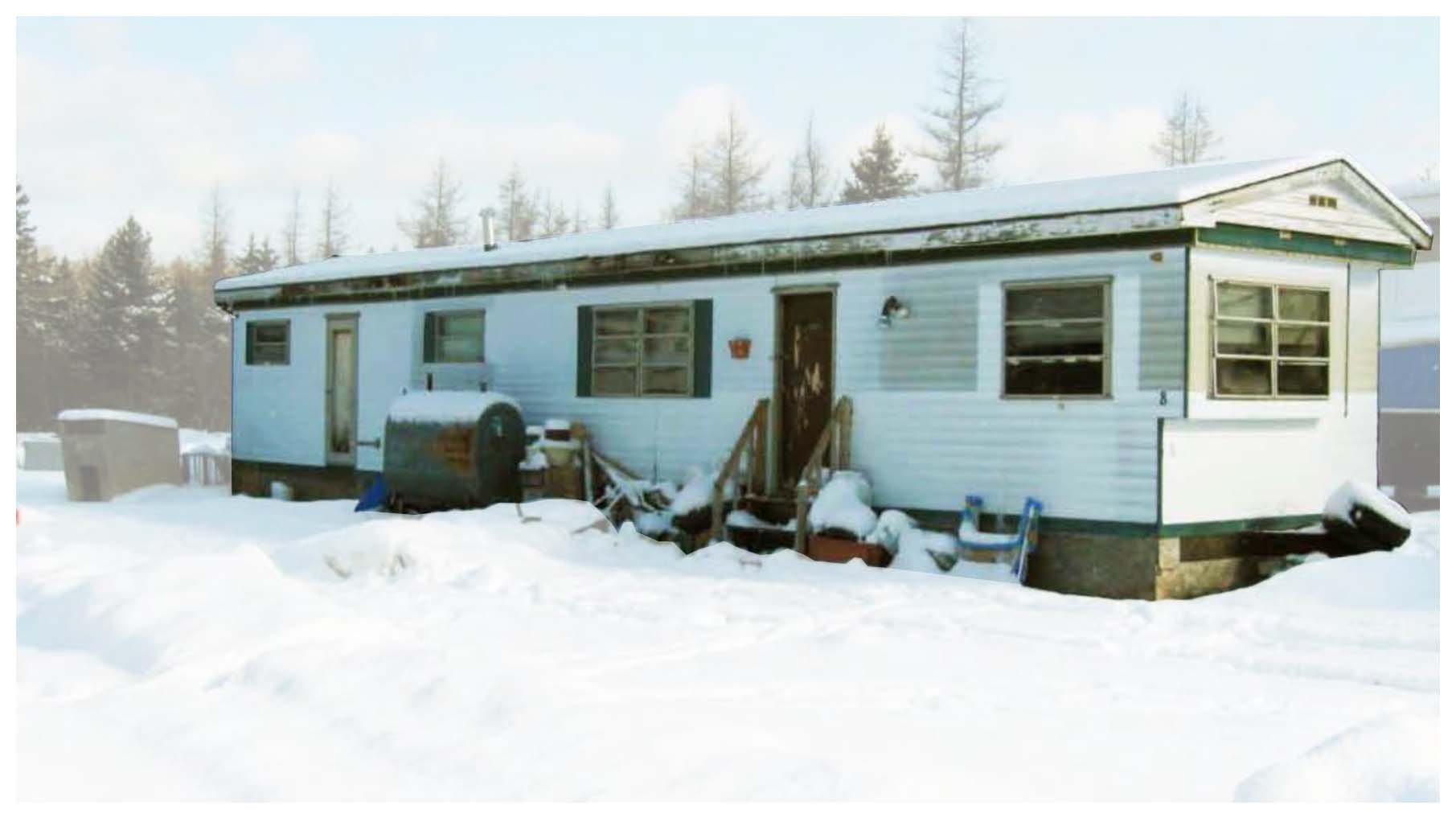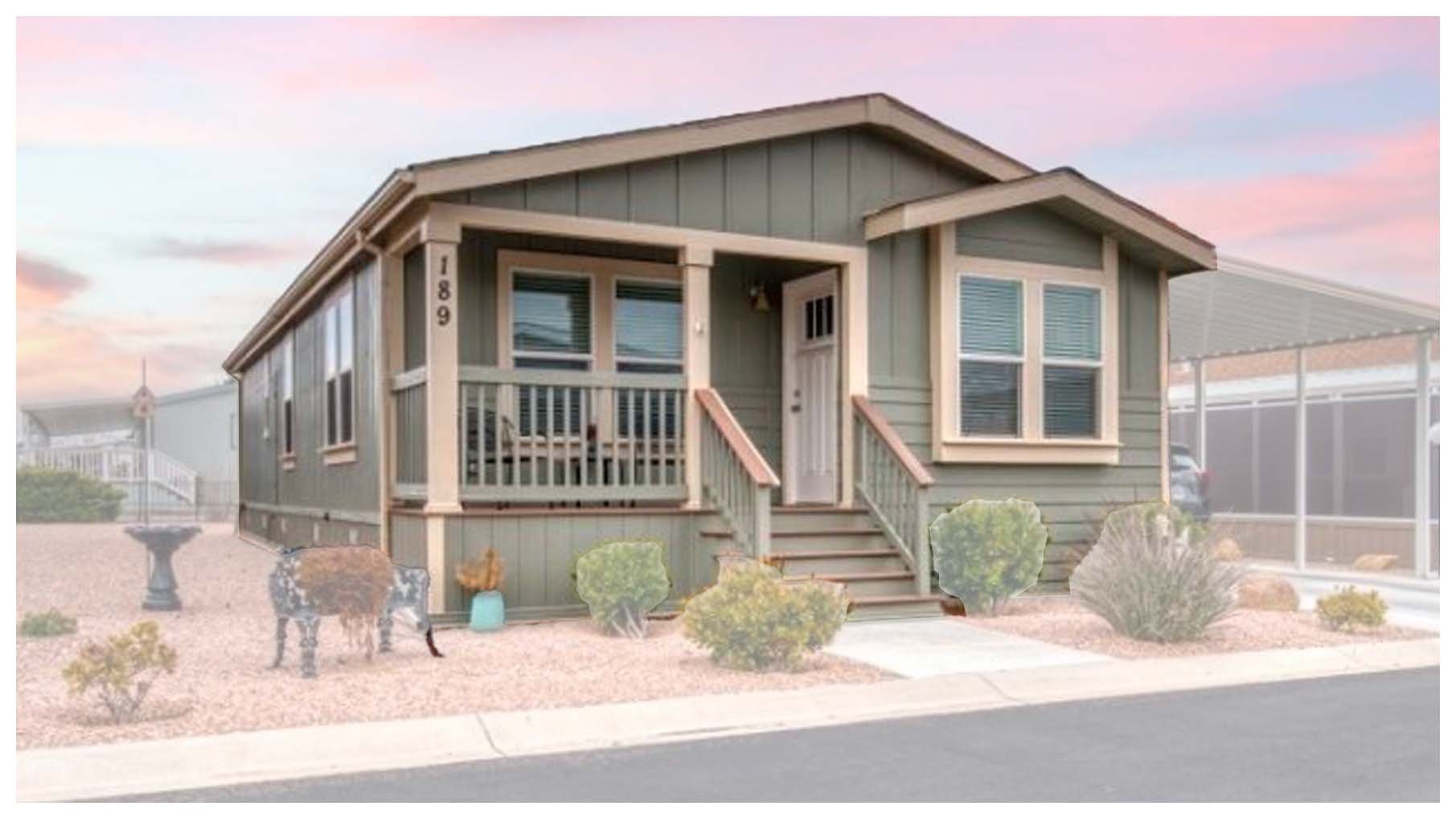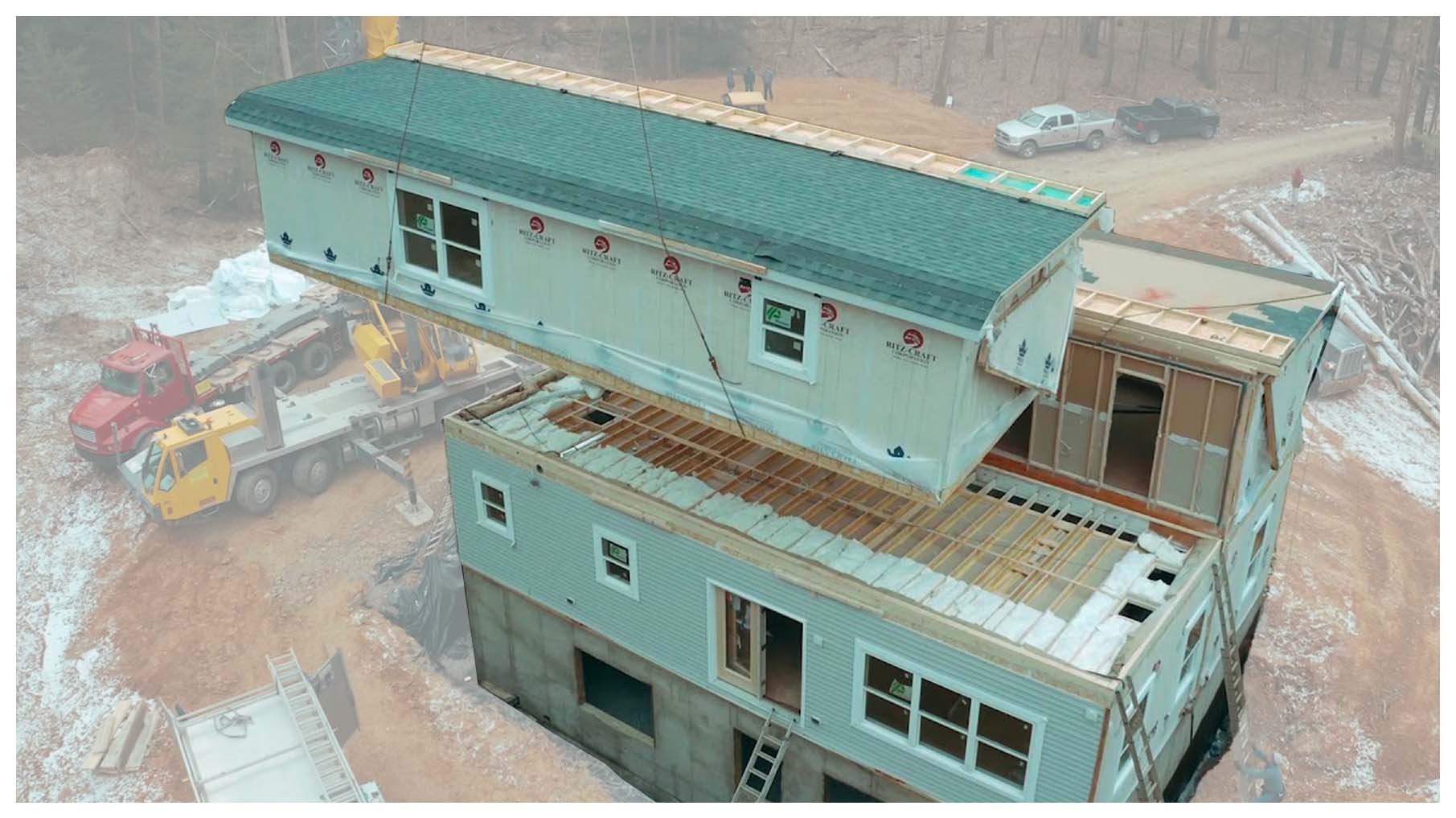Are Rent to Own Mobile Homes A Good Option?

Mobile homes are a popular choice for affordable housing, and renting to own a mobile home can seem like an attractive way to achieve homeownership. While renting a mobile home with the option to eventually buy it may seem like a simple decision. It is important to carefully consider the pros and cons before making a commitment, as with any major financial decision. An important first step is to understand the different types of mobile homes out there.
What Are the Differences Between Mobile, Manufactured, and Modular Homes?
Unfortunately, people nowadays still use the terminology “mobile homes” to refer to all prefabricated homes, which are homes built in a factory and shipped to the home’s location for installation. Prefab homes may consist of one or more sections, which are assembled together with a foundation. Since 1976, prefab homes have been built to a federal HUD standard, called the Manufactured Home Construction and Safety Standards. The federal regulation has resulted in higher construction quality and safety standards for factory-built homes. The three main types of prefab homes are mobile, manufactured, and modular.
Mobile homes are prefab homes that were built before 1976 before the federal standard was implemented. Mobile homes are no longer produced and are known to be of poorer quality, not energy efficient, and have poor resale value.

Mobile homes
- Built pre-1976
- Thin walls with little to no insulation.
- Inefficient louvered windows.
- No market value.
Photo: Maine Housing Authority
Manufactured homes are prefabricated homes that were built in 1976 or later and meet federal standards. They tend to be more energy efficient, higher quality, and safer than mobile homes. Most manufactured homes come in one or more sections, commonly referred to as single or double wide.

Manufactured homes
- Built in 1976 or later.
- Meets federal standards.
- Typically comes in single or double wide sizes.
Photo: Department of Energy
Modular homes are considered a higher grade of manufactured homes, because they can exceed federal standards to meet local building codes. Modular homes tend to come in more than two sections and available in a variety of sizes and configurations. For example, it is possible to construct modular homes that are taller than one story.

Modular homes
- Built in 1976 or later.
- Quality usually exceeds federal standards.
- Comes in a variety of sizes and configurations.
Photo: Becker Homes
The terms “mobile home” and “trailer” often have negative connotations, while “manufactured home” is considered more modern and upscale.
Are Manufactured Homes Suitable as Rent to Own Homes?
In the US in Oct 2022, the average price for new manufactured homes was around $80K, while a new home was almost $500K. Manufactured homes’ lower price would naturally make them attractive as rent to own homes. However, there are two main factors that one should consider before signing a rent to own agreement for a mobile home.
1. Manufactured Home Mortgages Are More Expensive and Complex
It’s important to note that not all lenders offer manufactured home mortgages, and those that do may have different requirements and loan terms. In addition, most manufactured home mortgages are more expensive than conventional mortgages, because of the higher risk and perceived lower resale values of manufactured homes.
| Prefab Type | Leased Land | Owned Land |
|---|---|---|
| Mobile (pre-1976) | ❌ | ❌ |
| Manufactured | 💰💰💰 | 💰 |
| Modular | 💰💰💰 | 💰 |
Lenders who do provide manufactured home mortgages have stricter qualifying requirements, such as higher credit score for borrowers, land is owned and not leased, and manufactured homes are at least of a specific size. One requirement that all manufactured home mortgage lenders have is that manufactured homes must meet federal HUD standards. Therefore, mobile homes (prefab homes built before 1976) are not eligible.
For manufactured homes on leased land, such as in mobile home parks, FHA backed Title I mortgages are available. The interest rates are significantly higher with additional requirements, such as the manufactured home needs to be registered as real property, permanently attached to the land, and properly installed to the federal Model Manufactured Home Installation Standards. In addition, some lenders offer chattel mortgages, which is a type of loan where the borrower uses personal property as collateral. However, chattel mortgages may have higher interest rates and shorter repayment periods compared to other types of loans, since they are secured by personal property rather than real estate.
It is recommended to shop around and compare offers from different lenders to find the best option for your situation. Give yourself ample time to find lenders that do provide manufactured home mortgages and understand the loan’s requirements before exercising the option to buy the home. Also, expect to pay a higher interest rate, especially if on leased land.

Lots of decisions, but research can make it much less daunting.
2. Understand the Terms for the Rent to Own Agreement
A key benefit of renting a home before owning it is having the flexibility to try the home out and get to know the neighborhood first. There are plenty of other benefits with renting to own a home and for some people the benefits outweigh the higher rent associated with rent-to-own homes. Rent to own homes are governed by a rent to own agreement, which is basically a lease with the option to buy the home in the future.
The terms for the rent to own agreement, at a minimum, should cover the purchase price, rent amount, option credits, maintenance, length, and early termination. It is important to understand what the terms are before signing a rent to own agreement, especially if the home is a manufactured home. For example, rent to own agreements are either lease options or lease purchase. Stay away from lease purchase which requires the tenant to purchase the home. Lease options give the tenant the option to buy or not in the future.
Another key term to understand is what happens to the option credit. Option credits are portions of the rent that is set aside to purchase the home in the future. Are the option credits refunded if you decide not to purchase the home? As it may be more challenging to find a manufactured home mortgage. What happens to the option credit if you are unable to secure financing to buy the manufactured home?
Partner with Upwardly on Renting to Own Manufactured Homes
Our mission is to help aspiring homeowners to realize their dream of homeownership. If a manufactured home is part of that dream, then Upwardly will evaluate the home for eligibility as a rent to own home. At a minimum, the manufactured home must be certified as meeting federal HUD standards and has its own land. Contact Upwardly today to learn how Upwardly can help you achieve your dream of home ownership.




